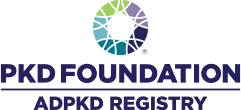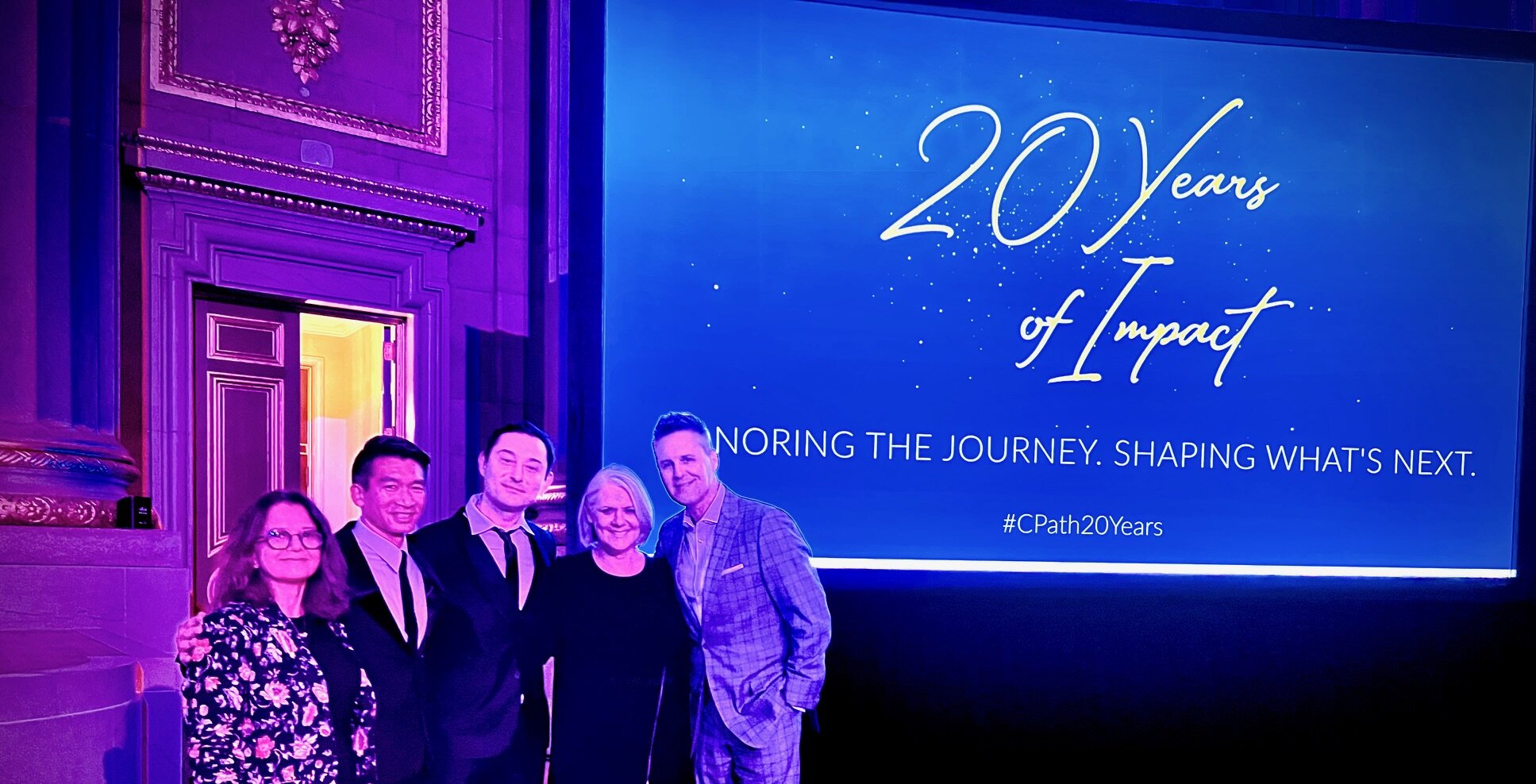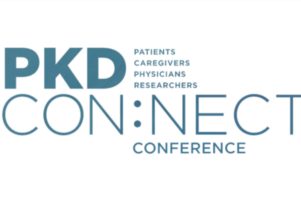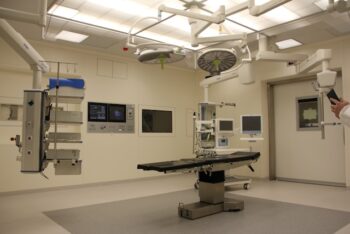
The PKD Centers of Excellence program is based on the belief that the best way to provide PKD-centered support is through patient-focused, comprehensive care coordinated and supported by an integrated team.

The ADPKD Registry is patient-powered and patient-entered. By answering questions about their health and PKD’s impact on their life, participants help create an essential resource for researchers to develop better outcomes that reflect patient perspectives.
From diagnosis to dialysis, everything you want to know about PKD.

- Advocacy
- Clinical Trials
- Conference
- Drug Therapy and Treatments
- PKD News
- Research
- TKV
- Total kidney volume

- 2023
- ADPKD
- PKD
- PKDCON
- Research
- Webinar

- 2023
- ADPKD
- Diet
- Nutrition
- PKDCON
- Research
- Webinar

- 2023
- ADPKD
- Diet
- Nutrition
- PKDCON
- Research
- Webinar

- ADPKD
- Centers of Excellence
- Education
- Healthcare Team
- Nephrologist
- PKD News
- PKD Parents
- Research

- 2022
- ADPKD
- ARPKD
- Caregivers
- Complications
- Education
- Living with PKD
- Newly Diagnosed
- Research
- Symptoms
- The Basics of PKD
- Webinar
Clinician & Research FAQs
Find answers to the most commonly asked questions from clinicians and researchers.
Contact
We are committed to providing resources for medical professionals to educate and empower their patients with PKD to manage and improve their health. To provide medical professionals with in-depth information about various aspects of PKD, we have teamed up with UpToDate, an evidence based, peer reviewed online information resource.

The PKD Foundation engages with the research community in several ways.
- Through our researcher newsletter, researchers can opt-in to receive notifications about funding opportunities (funding from the PKD Foundation and external partners), educational opportunities, events, ongoing research, and more.
- For researchers seeking participants for clinical trials, studies can be submitted to us for consideration and promotion through our ACT Alerts program.
- Through the PKD Outcomes Consortium (PKDOC), the PKD Foundation collaborates with the Critical Path Institute, representatives of the pharmaceutical industry, PKD clinicians, and the U.S. Food and Drug Administration (FDA). Together, they facilitate clinical trial development for PKD therapies by establishing a clear regulatory pathway for the pharmaceutical industry to evaluate the effectiveness of potential treatments.

Learn all about our research efforts here.

In 2022, we awarded new research funding to 11 outstanding PKD researchers. In 2023, we’ve increased that number to 13! The goal of the Research Grant and Fellowship Programs is to fund critical research to increase understanding of the genetic and pathological processes involved in PKD and to accelerate the development of potential therapies for PKD patients.

Since the Foundation’s establishment in 1982, it has invested nearly $60 million in dedicated PKD research, clinical and scientific grant awards, fellowships, and scientific meetings. The Foundation’s financial commitment over the years has seen results on a local, national, and even global level, including initiating funding for young investigators from around the world, supporting innovative research ideas, and providing seed funding to allow researchers worldwide to apply for larger National Institutes of Health and Department of Defense grants.
Our research team has also led the launch of the nation’s largest patient-powered ADPKD Registry and brings together multiple research stakeholders in the PKD Outcomes Consortium. In 2022, the Foundation launched the PKD Centers of Excellence program, to ensure access to PKD-specialized care and accelerate the translation of research studies to the clinic.
Together, these programs form a research continuum that spans from pre-clinical basic science to clinical trials to translational efforts to maximize efforts toward our goal to end PKD.









